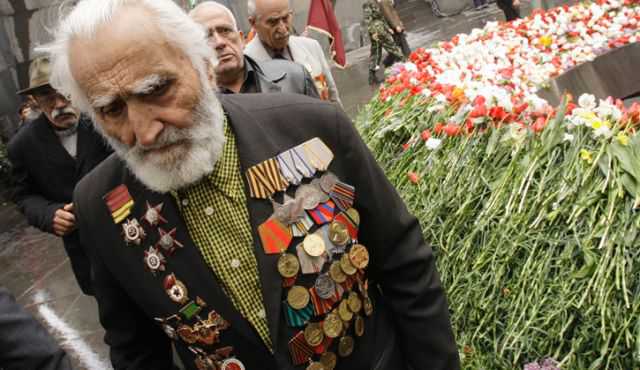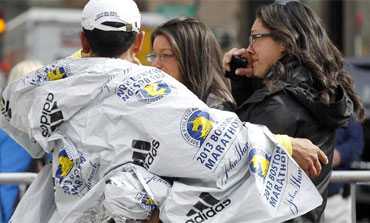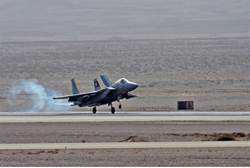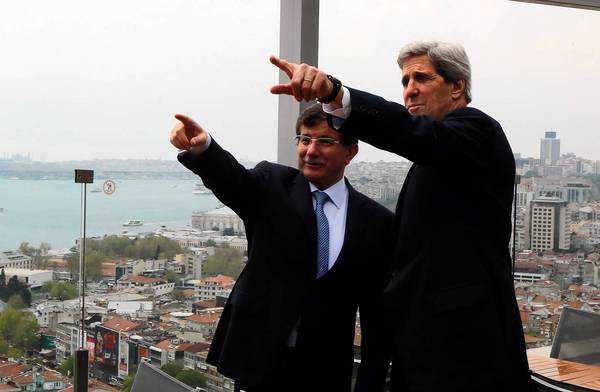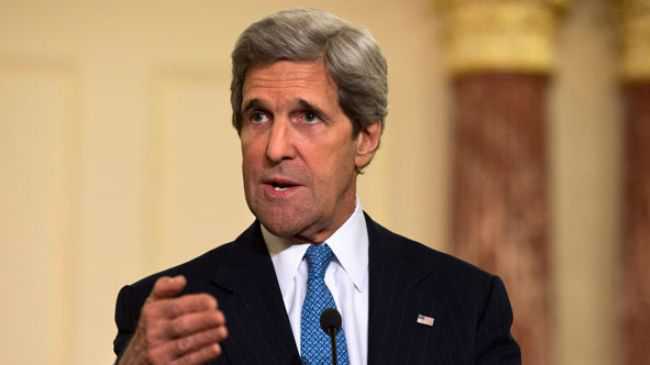Turkish Foreign Minister Ahmet Davutoglu has said Turkey categorically denies discussing the future of Syria with Israel, dismissing suggestions that the recent Israeli apology was linked to developments in war-torn Syria Today`s Zaman reported.
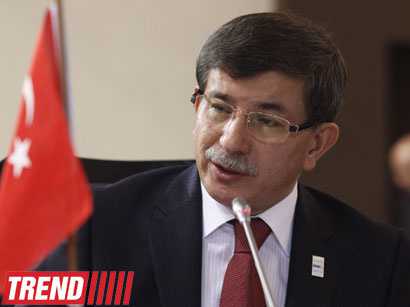
“This will be Turkey’s stance both today and tomorrow. Turkey will never discuss Syria’s future with Israel,” said Davutoglu during a televised interview on Thursday, adding that this was the case for all of Turkey’s neighbors.
Noting that Turkey refuses to be part of regional policies determined by Israel, such as the ones in 1990s, Davutoglu said that the days when Turkey was not included in regional peace processes were now over.
The Turkish foreign minister said Turkey was now the main actor in the Middle East putting forward regional solutions and policies. “From today onwards, Turkey will not bother about losing this country or that country,” he said while noting, in an apparent message to the Israel administration, that if there are countries who believe it advantageous to repair relations with Turkey due to the Syrian crisis, it was their concern.
In late March, Israeli Prime Minister Benjamin Netanyahu offered an apology to Turkey for a 2010 raid on the Mavi Marmara aid flotilla that resulted in the deaths of eight Turks and a Turkish American. Shortly after the apology, Netanyahu made it clear that a failed Syrian state with chemical weapons at large was the main motive behind the apology.
Davutoglu stated that the Israeli apology was the product of three-year discussions between Israeli officials who chose to offer an apology when they understood that it was not in their best interests to continue the rift.
Rift between families of Mavi Marmara victims and government untrue
Touching on the Mavi Marmara attack, Davutoglu said the passengers of the flotilla only aimed to take humanitarian aid to Gaza and were not perusing any personal interest, but did it for the honor of humanity. The Turkish foreign minister also said that, except for some groups, many people across the world regarded the Mavi Marmara volunteers as people who risked their lives for the honor of humanity.
Following the Israeli apology, the families of the nine victims have insisted that the blockade on the Gaza Strip be lifted, underlining that without the ending of the blockade and embargo, Israel’s apology and compensation for the victim’s families and those injured would have no meaning. The families also said that they have no intention of retracting their lawsuits.
In relation to suggestions that the government tried to prevent families from obtaining compensation, Davutoglu said those claims were not true. He added that they will continue to talk to families about the process and fight for their rights.
No need for a mediator in talks with Iraqi government
Davutoglu also said that Turkey did not need a mediator to have talks with the Iraqi government, apparently referring to US Secretary of State John Kerry’s recent visits to Iraq and Turkey. Relations with Iraq have been strained as the government of Prime Minister Nouri al-Maliki has criticized Turkey for interfering in Iraqi affairs. Maliki is particularly concerned over Turkey developing ties with the Iraqi Kurds in the north of the country. During his visit to Baghdad on March 24, Kerry also spoke to Iraqi Kurdish leader Massoud Barzani on the phone, telling him to abandon unilateral actions that do not receive the blessing of Baghdad, particularly with regard to an oil pipeline deal with Turkey.
Days later, Maliki softened his rhetoric, saying that he would welcome rapprochement with Turkey.
Davutoglu said Turkey never cut off its ties with Iraq but warned that the Iraqi premier should be careful about his comments regarding Turkey.
Touching on Prime Minister Recep Tayyip Erdogan’s scheduled visit to Palestine in late May, the Turkish foreign minister said this date was chosen with the hope that the rival political groups of Palestine, Hamas and Fatah, may have reached a reconciliation by then.
Davutoglu added that the important thing in the Palestine-Israel conflict is to solve the problem, not the issue of who is going to mediate between the groups.

